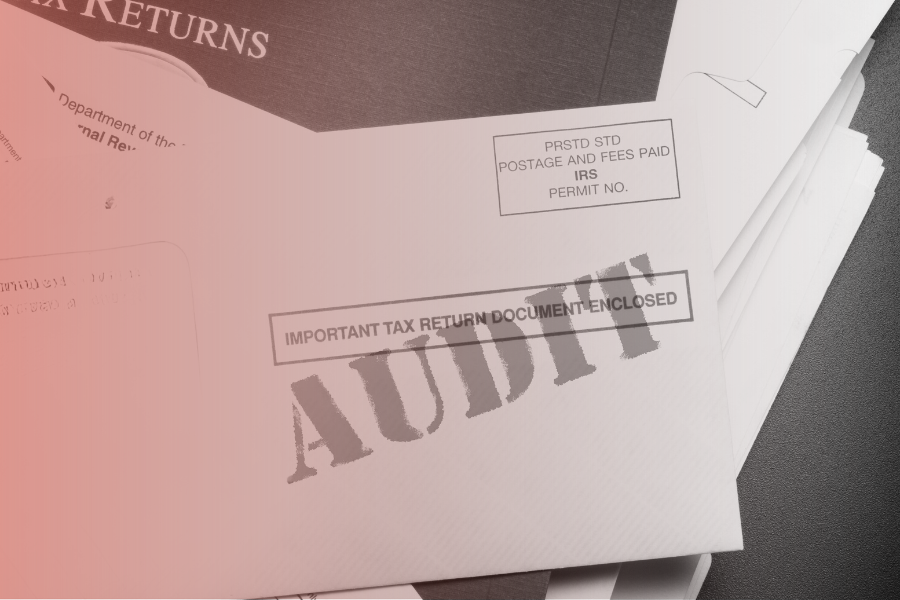The ultimate guide to reporting foreign inheritance to IRS made simple
Wiki Article
Understanding the Relevance of Reporting Foreign Inheritance to IRS for Tax Obligation Compliance
Navigating the intricacies of international inheritance calls for a clear understanding of IRS reporting responsibilities. Several individuals take too lightly the value of properly reporting these properties, which can bring about unplanned repercussions. Falling short to adhere to IRS laws may cause hefty penalties and lawful problems. It is important to grasp the nuances bordering international inheritances to avoid mistakes. The adhering to areas will certainly clarify important facets of conformity and the potential dangers included.
What Constitutes Foreign Inheritance?
When a private gets properties from a dead individual's estate situated beyond the USA, this transfer is thought about an international inheritance. Foreign inheritances can include different sorts of possessions such as property, savings account, investments, personal possessions, and company rate of interests. The value and nature of these assets may vary considerably depending upon the laws and customs of the nation in which the estate lies.In addition, the procedure of obtaining these possessions can include navigating with foreign lawful systems, which may enforce certain demands or taxes connected to inheritance. The recipient might likewise experience difficulties in figuring out the fair market price of the acquired possessions, especially if they are not acquainted with the local real estate or financial markets. Comprehending what constitutes an international inheritance is essential for individuals to guarantee compliance with both neighborhood legislations and any prospective obligations they might have in their home country.
IRS Coverage Demands for Foreign Inheritance
Just how does one guide through the IRS coverage requirements for international inheritance? Individuals that obtain an inheritance from abroad needs to be aware of details reporting responsibilities to assure compliance with IRS laws. The Foreign Bank and Financial Accounts Record (FBAR) is one important need; if the total worth of foreign accounts surpasses $10,000 at any type of time throughout the year, it must be reported. In addition, Form 3520 may be needed for reporting international gifts or inheritances over $100,000 from non-U.S. persons. This kind records details regarding the inheritance, consisting of the resource and amount. Stopping working to stick to these coverage needs can result in considerable fines. It is vital for recipients to keep thorough records of the inheritance, including any type of paperwork from international entities. Consulting with a tax obligation professional well-informed regarding worldwide tax obligation regulations can provide further assistance in steering with these reporting responsibilities successfully.Tax Obligation Effects of Obtaining an Inheritance From Abroad
Obtaining an inheritance from abroad can lug substantial tax obligation effects for individuals, especially as they navigate the complexities of international tax laws. The IRS requires united state residents and citizens to report foreign inheritances, which may trigger various tax obligation responsibilities - foreign gift tax reporting requirements. Although inheritances themselves are usually not taken into consideration gross income, reporting is vital to stay clear of penaltiesIn addition, the estate might be subject to inheritance tax in the international country, which can affect the net worth received by the successor. If the inheritance consists of foreign properties, such as realty or investments, they website here might include unique tax obligation factors to consider, consisting of prospective capital gains tax obligations upon sale.
In addition, individuals might require to abide by international tax policies, which can differ substantially from U.S. laws. Comprehending these ramifications is crucial for proper tax obligation compliance and to assure that all obligations are met without sustaining unneeded costs or lawful concerns.
Usual Mistakes to Stay Clear Of When Reporting Inheritance

Actions to Make Certain Conformity With IRS Rules
Recognizing the steps essential to ensure conformity with IRS policies is crucial Look At This for any person reporting a foreign inheritance. First, individuals must confirm whether the inheritance surpasses the reporting threshold, which can activate additional demands. Next, it is necessary to gather all appropriate documents, including the will, depend on files, and records of the international estate's worth.Submitting Type 3520, which especially addresses foreign gifts and inheritances, is necessary to inform the IRS of the inheritance. Individuals need to additionally ensure that any type of suitable tax obligations associated to the inheritance are paid, including possible inheritance tax in the foreign territory.
In addition, maintaining accurate documents of all deals and interactions regarding the inheritance can offer needed assistance in instance of an internal revenue service questions. Looking for specialist advice from a tax advisor accustomed to worldwide tax laws can even more improve compliance and reduce risks connected with reporting foreign inheritances.
Frequently Asked Questions

What Takes place if I Fail to Record My International Inheritance?
Failing to report a foreign inheritance can lead to significant penalties, interest on overdue tax obligations, and possible lawful effects. The IRS might seek enforcement activities, complicating future financial transactions and compliance obligations for the individual entailed.Can I Subtract Costs Connected To Receiving Foreign Inheritance?
No, expenses connected to obtaining an international inheritance are normally not deductible for tax objectives. Inheritance itself is commonly not taken into consideration taxed income, and associated costs can not be asserted to reduce tax obligation responsibility.Are There Penalties for Late Coverage of Foreign Inheritance?
Yes, there are charges for late coverage of international inheritance to the IRS - foreign gift tax reporting requirements. These can consist of penalties and interest on overdue taxes, making timely disclosure essential for compliance and avoiding extra financial problemsHow Does Foreign Inheritance Influence My State Taxes?
Foreign inheritance might impact state tax obligations differently relying on jurisdiction. Some states enforce inheritance or inheritance tax, while others do not. It is vital to speak with neighborhood guidelines to determine particular tax obligation implications associated to international inheritance.
Are Gifts From Abroad Taken Into Consideration Foreign Inheritance for IRS Purposes?
Gifts from abroad are not identified as foreign inheritance for IRS objectives. reporting foreign inheritance to IRS. Rather, they are treated independently under gift useful reference tax laws, with different reporting needs and limits that individuals need to stick to for complianceIn addition, the procedure of obtaining these possessions can entail maneuvering with international lawful systems, which might impose certain needs or tax obligations related to inheritance. The IRS needs United state citizens and people to report international inheritances, which might trigger various tax responsibilities. Submitting Type 3520, which especially addresses foreign gifts and inheritances, is important to notify the IRS of the inheritance. Stopping working to report a foreign inheritance can lead to significant penalties, rate of interest on unsettled taxes, and potential legal consequences. No, expenses related to receiving an international inheritance are usually not insurance deductible for tax obligation objectives.
Report this wiki page